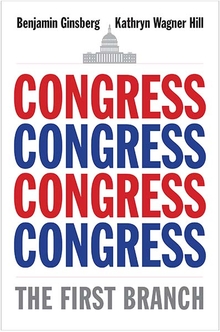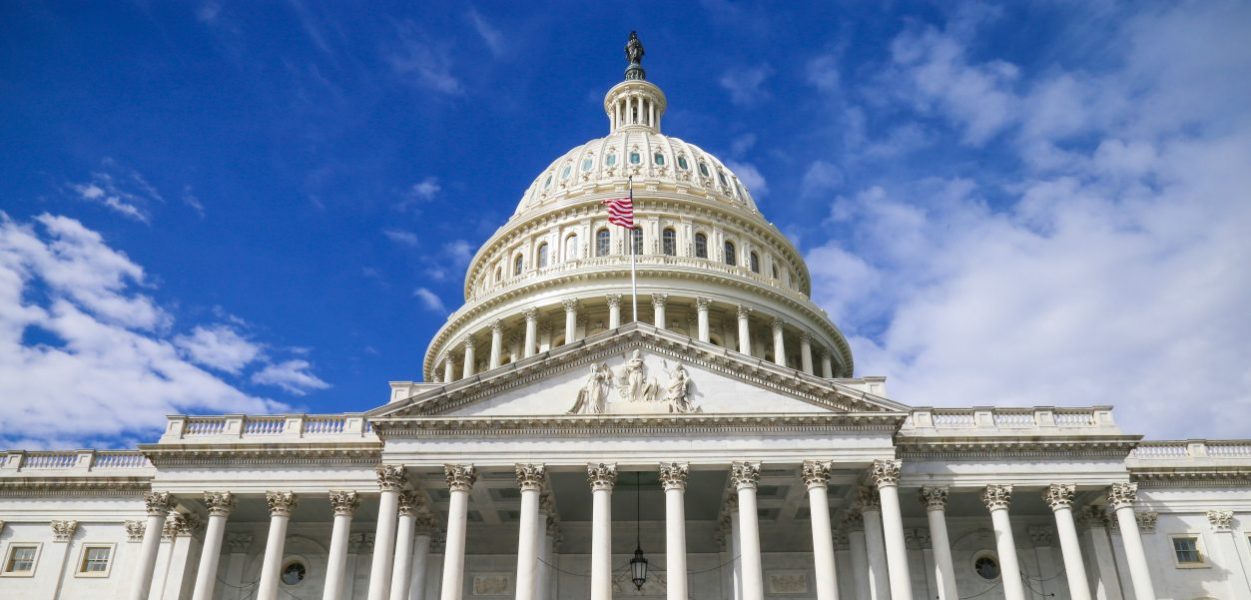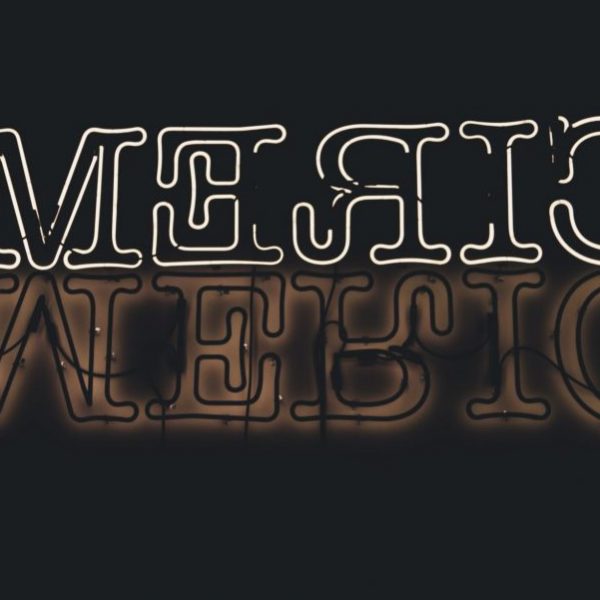Is Congress Broken?
Benjamin Ginsberg and Kathryn Wagner Hill—
America’s congress is often castigated for being slow and unproductive, a victim of cumbersome procedures and partisan intransigence. One frequently cited book called Congress the “broken branch” of government. Another well-known volume, sharply critical of the Congress, called for “a new political order in which government is centered on the executive.”
The idea that Congress is “broken” is misleading and actually does little service to the cause of popular government in the United States. Congress is far from perfect. Yet, warts and all, Congress is the national government’s most democratic political institution. Some may wish to award this distinction to the president, who, of course, can claim to be the only official elected by the citizenry as a whole. Nevertheless, it is Congress that collectively reflects the diversity of the nation’s citizenry. No president, whether Democrat or Republican, can actually represent more than a small fraction of the nation’s disparate groups, interests, and political and social forces. As a body, the Congress represents many, even if not all, Americans.
Only the Congress, moreover, governs in anything approaching a democratic and pluralistic manner. The congressional process, to be sure, seldom conforms to some idealized conception of democratic government. Some members of Congress are venal, inept, or indolent. Rates of incumbency are very high. The appearance of public deliberation can mask behind-the-scenes deals and bargains among small numbers of powerful insiders. House and Senate rules can allow the wishes of entrenched political forces and well-situated economic interests to prevail against the welfare of the more general public. All this is true.
Yet, at its core, the congressional policy-making process frequently includes open hearings, public debate, and vigorous contention among a host of fractious groups. Though a small number of congressional hearings are closed, usually because executive branch witnesses claim national security concerns, the great majority of committee and subcommittee hearings are open to the public and to the press. Many hearings involve a parade of dozens, even hundreds, of witnesses from corporations, interest groups, and the administration. Even concerned citizens arrive on Capitol Hill to make their views known. It is unusual for any representative of any group, however small, to be denied an opportunity to testify. In the contemporary Congress, floor debate is not an empty exercise. Especially in the Senate, it can be lengthy and rancorous. Floor amendments are offered in both houses and often win acceptance. In short, despite its many imperfections, the U.S. Congress is a democratic decision-making body.
And whatever Congress’s shortcomings as a democratic policy-making body, its credentials shine by comparison to those of the White House. Presidential decision-making generally takes place in private and is often shrouded in secrecy. Recent presidents have vehemently asserted that the secrecy of the processes leading up to their decisions is shielded by executive privilege. Not only are the deliberations for presidential decision-making often removed from the public domain, but even the decisions themselves are sometimes not revealed to the public or even to the Congress. Many so-called national security directives issued by presidents in recent years have been used to initiate secret missions by intelligence and defense agencies. For many years, too, presidents have signed secret executive agreements with other governments, obligating the United States to various forms of action without congressional knowledge, much less approval. In 2015, for example, President Barack Obama (D) resisted efforts by members of Congress to obtain the text of his proposed Trans-Pacific Partnership (TPP), a pending trade deal with twelve other nations. The president said the negotiations were confidential for national security reasons, though Congress would eventually be asked to approve the deal in the form of a congressional-executive agreement. President Donald Trump (R) reversed President Obama’s stance on the TPP, which is another aspect of presidential actions, namely that the new chief executive can easily reverse decisions of his predecessor. Like presidents before him, President Trump also pursues foreign policy objectives without consulting Congress, such as his negotiations with North Korea over denuclearization of that country.
Many of the characteristics of Congress with which Americans are so impatient stem directly from the institution’s democratic nature. Members of Congress are elected individually and are likely to bicker, delay, and compromise because they represent a variety of different groups and interests that demand that their perspectives be voiced and insist that their narrow and even selfish interests be considered when decisions are made. Sometimes this individualism can produce collective-action problems as members are impelled to focus on their own particular interests rather than the general good. Congress can become “gridlocked” and slow to act, particularly when Americans are themselves deeply divided. The legislative process is complicated because a representative assembly must find ways of balancing minority rights and majority rule and develop mechanisms for reaching decisions while still allowing competing claims to be heard and taken into account. In short, Congress is slow to act, cumbersome in its procedures, and contentious in its discussions because it is a democratic decision-making body. Many who disparage Congress are, in effect if not intent, disparaging popular government.
From Congress by Benjamin Ginsberg and Kathryn Wagner Hill. Published by Yale University Press in 2019. Reproduced with permission.
Benjamin Ginsberg is the David Bernstein Professor of Political Science at Johns Hopkins University and Chair of the Hopkins Center for Advanced Governmental Studies. Kathryn Wagner Hill is director of the Center for Advanced Governmental Studies at Johns Hopkins University.
Further Reading:



























